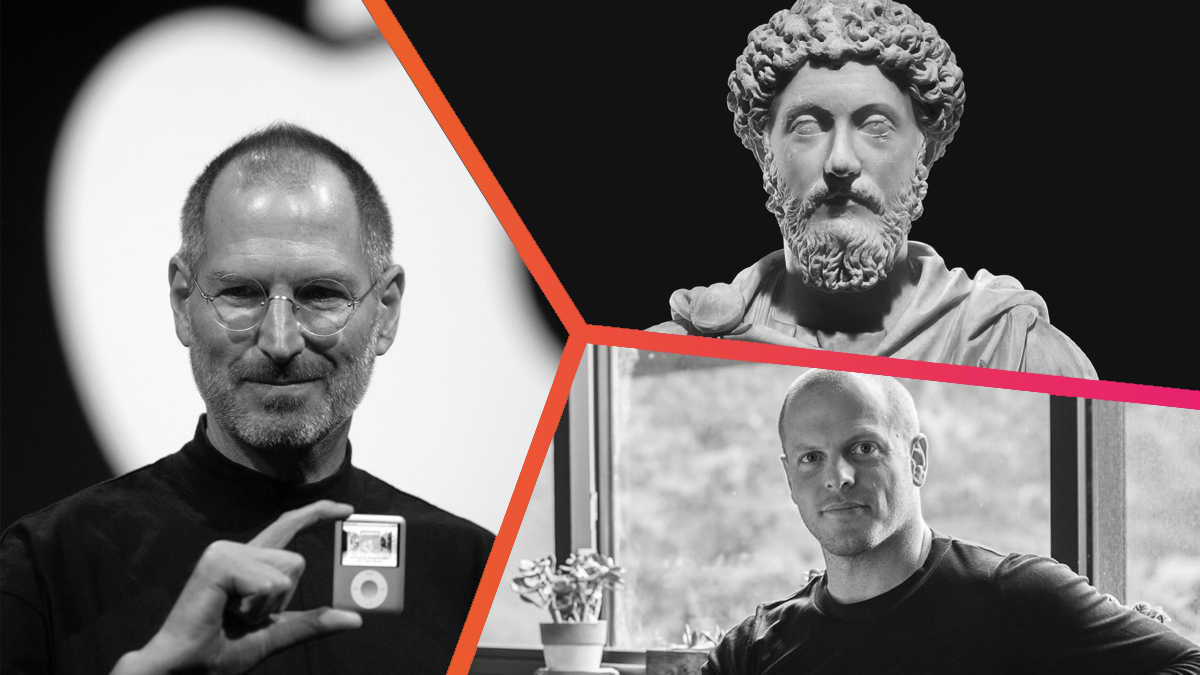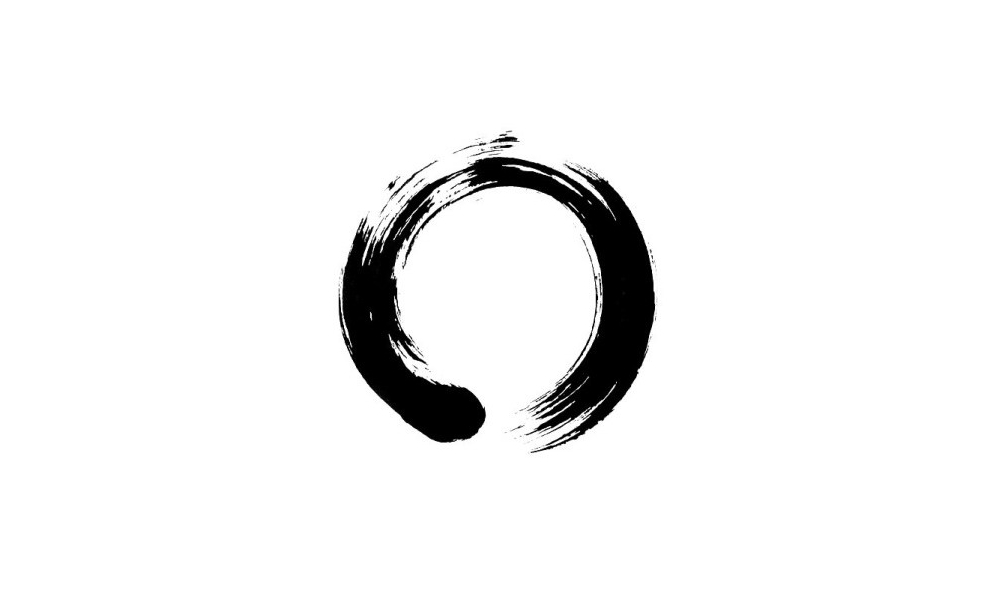
1) The Stoic Life

2) Ikigai

3) Sisu

4) Kaizen

5) Hygge

6) Existentialism
Existentialism is a philosophical movement that emphasizes individual freedom and choice, and the inherent meaninglessness of life. Existentialists believe that each person must create their own meaning and purpose in life, as there is no inherent meaning or purpose given by God or nature.
7) Utilitarianism
Utilitarianism is a moral theory that holds that the best action is the one that maximizes happiness or pleasure and minimizes pain or suffering. Utilitarians believe that the moral value of an action should be judged based on its consequences, and that the best action is the one that produces the greatest overall good for the greatest number of people.
8) Humanism
Humanism is a philosophical and ethical stance that emphasizes the value and agency of human beings, individually and collectively. Humanists believe that human beings are capable of using reason and critical thinking to solve problems and improve the world, and that human beings should be treated with dignity and respect.
9) Taoism
Taoism is a philosophical and religious tradition that originated in ancient China. Taoists believe in living in harmony with the Tao, or the fundamental principle of the universe, which is seen as a force that flows through all things. Taoists seek to live simple, natural lives and to cultivate virtues such as humility, compassion, and self-awareness.
10) Zen Buddhism
Zen Buddhism is a branch of Buddhism that originated in China and later spread to Japan and other parts of Asia. Zen Buddhists believe in the importance of mindfulness and meditation as a means to enlightenment. Zen emphasizes direct experience and personal insight, and often uses paradoxes and riddles to challenge preconceived notions and awaken the mind.
11) Ayn Rand’s Objectivism
Objectivism is a philosophical system developed by the Russian-American writer Ayn Rand. Objectivists believe in rational self-interest and laissez-faire capitalism. They hold that the individual is the highest moral value, and that the pursuit of one’s own happiness is the ultimate goal of human existence.
12) Kantianism
Kantianism is a philosophical approach developed by the German philosopher Immanuel Kant. Kantians believe that the moral worth of an action depends on the intention behind it, rather than the consequences. Kantian ethics holds that people should act in accordance with a moral law that can be derived through reason, and that the moral worth of an action depends on whether it is done out of a sense of duty.
13) Natural law
Natural law is a philosophical theory that holds that there is a universal moral law that can be discovered through reason, and that is applicable to all people. Natural law theories hold that this moral law is grounded in the nature of the universe and human nature, and that it is independent of the laws and customs of any particular society.
14) Virtue ethics
Virtue ethics is a branch of ethics that emphasizes the character and habits of the moral agent, rather than rules or consequences, as the key element of ethical thinking. Virtue ethicists believe that developing good character traits, such as courage, honesty, and compassion, is the key to leading a good life.
15) Confucianism
Confucianism is a philosophical and religious tradition that originated in ancient China. Confucianism emphasizes the importance of education, family, and community in promoting virtuous behavior. Confucians believe that individuals should strive to cultivate virtues such as filial piety, righteousness, and wisdom, and that society should be organized according to a system of moral relationships












